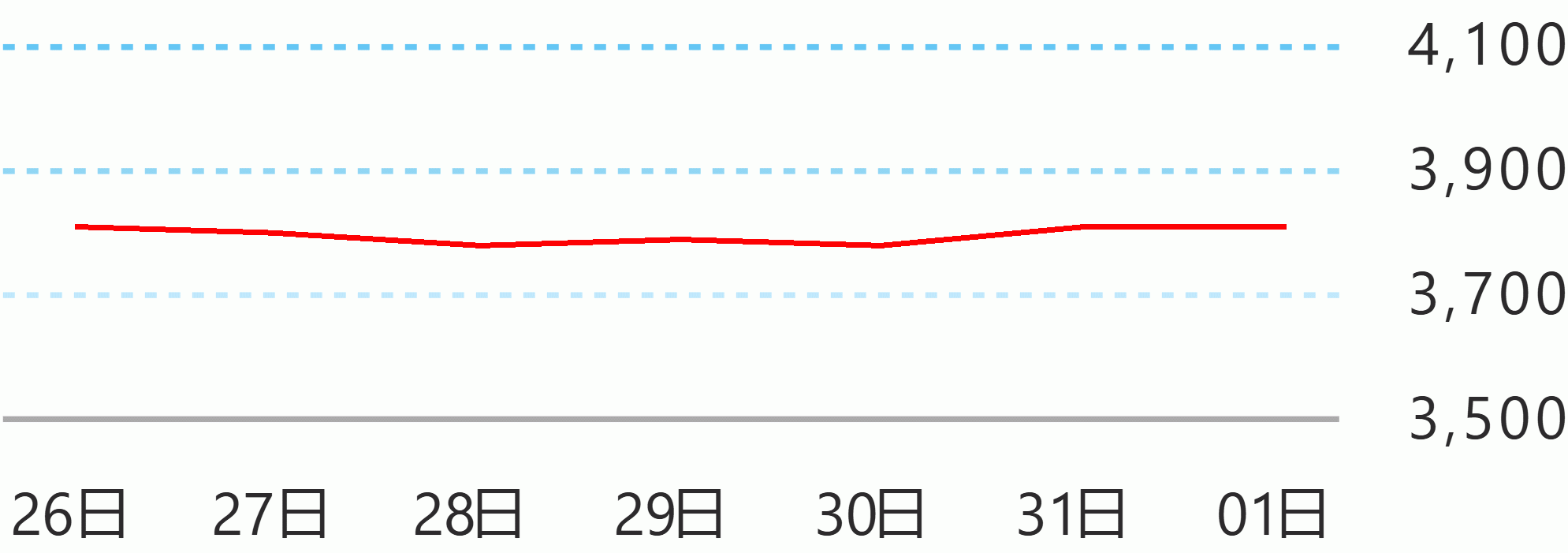Foreign analysts expressed apprehension that the expansion of the Enhanced Defense Cooperation Agreement (EDCA) sites could create tensions in the South China Sea.
Professor Hu Bo, director of the South China Sea Probing Initiative (SCSPI) and an expert from the Center for Maritime Strategy Studies at Peking University, called the designation of the four new EDCA sites a “provocation” towards China.
“Nowadays, China thinks that in wartime, the US will use your side to attack China. So that means a lot of things. The consequence is very serious,” Hu said at an online forum.
“This time, the sites definitely will be used against China’s operations on Taiwan. So it means that the Philippines will personally be involved with Taiwan issue,” he added.
The government on Monday revealed the new EDCA sites will be in Naval Base Camilo Osias in Sta Ana, Cagayan; Lal-lo Airport in Lal-lo, Cagayan; Camp Melchor Dela Cruz in Gamu, Isabela; and Balabac Island in Palawan.
According to Melissa Loja, Senior Research Fellow of the Integrated Development Studies Institute, the EDCA sites should not be seen as a move to escalate tensions.
“EDCAs have been in place since 2014 and there has been a designation of (nine) sites without a reaction from China. What could be considered as an escalatory move would be the prepositioning weapons and military as well as US troops. So regardless of where the sites are, the prepositioning of weapons and troops would be the escalatory move,” Loja said.
“The Philippines would have to define a policy in a way that would ensure the survival of the Philippines. We, the Philippines is not about to engage in a power competition with China and United States. We are a mere bystander in this competition,” she added.
For her part, SCPSI vice director Lei Xiaolu said that the dispute between the two countries over their claims of the South China Sea “would not be resolved in the very near future”.
“This problem has never been faced by other regions,” she said.
Rommel Banlaoi, president of the Philippine Association for Chinese Studies (PACS), said the country has to be ready to face all the consequences for the new EDCA sites because “China will not take it lightly”.
''Now we are always putting the issue within the frame of power competition between China and the “United States. And that’s only natural because the Philippines is at the crossroad of the Indo-Pacific, and therefore, we are naturally at the crossroads of major power rivalry. But if you will analyze all the locations of EDCA, including the original and the new sites, there is deep strategic intention of the Philippines especially on the part of the Armed Forces of the Philippines,” Banlaoi said.
“If you look at the new sites…if you will visit all these sites, these are all underdeveloped bases. Allowing American military facilities there will facilitate the Phiippine bases in that area…However, this short-term internal consideration to meet the objective of the military to develop credible minimum force has a far-reaching long-term security consequences,” he added. Jaspearl Tan/DMS





 English
English










